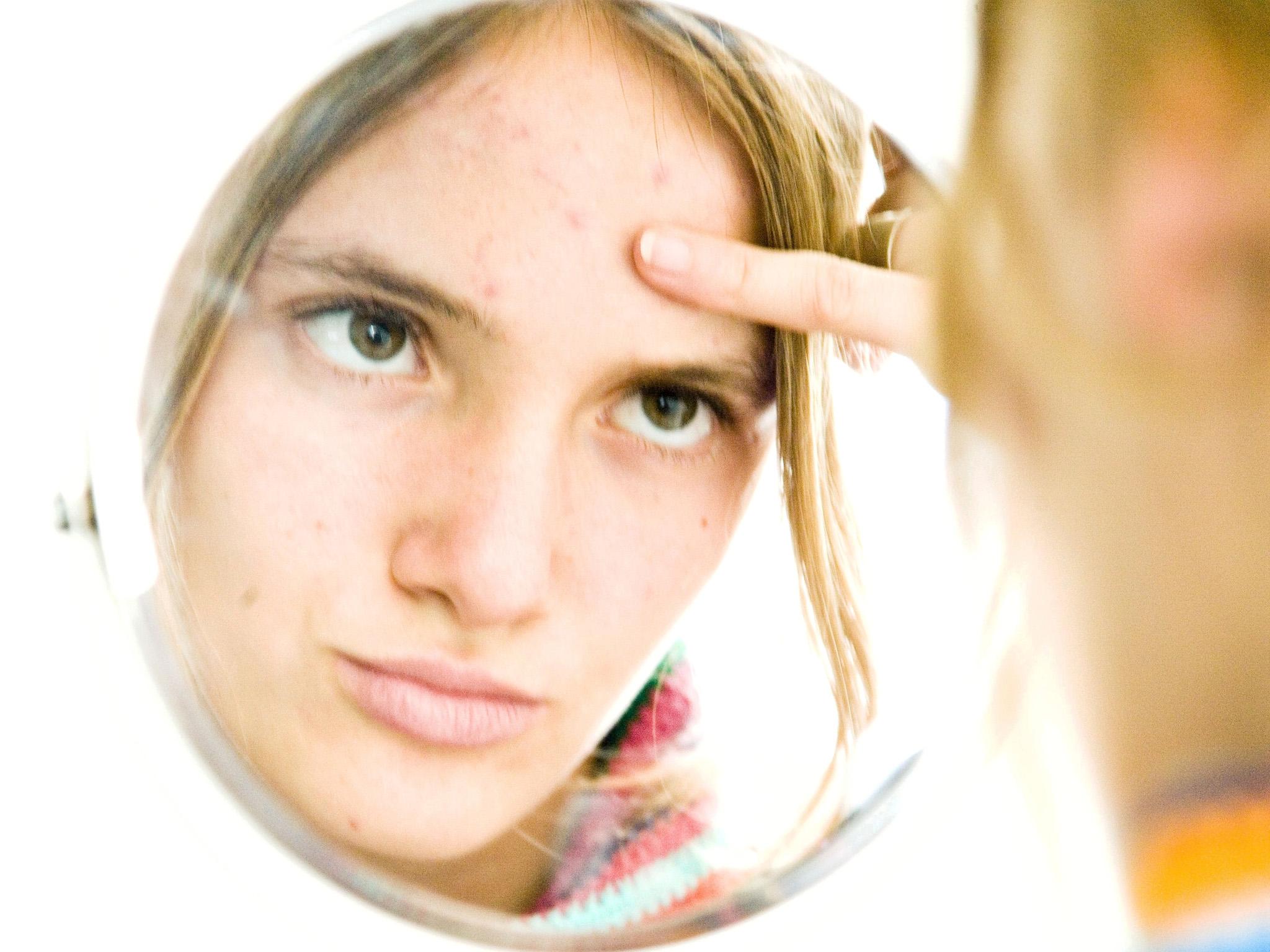Gold dust treatment which 'could be answer' for acne sufferers to be trialled in Britain
Therapy involves massaging cream containing tiny metal particles into skin pores

Your support helps us to tell the story
From reproductive rights to climate change to Big Tech, The Independent is on the ground when the story is developing. Whether it's investigating the financials of Elon Musk's pro-Trump PAC or producing our latest documentary, 'The A Word', which shines a light on the American women fighting for reproductive rights, we know how important it is to parse out the facts from the messaging.
At such a critical moment in US history, we need reporters on the ground. Your donation allows us to keep sending journalists to speak to both sides of the story.
The Independent is trusted by Americans across the entire political spectrum. And unlike many other quality news outlets, we choose not to lock Americans out of our reporting and analysis with paywalls. We believe quality journalism should be available to everyone, paid for by those who can afford it.
Your support makes all the difference.A pioneering gold dust treatment which “could be the answer” for acne sufferers is being trialled on 50 patients in the UK.
Scientists are looking for patients of all ages to take part in the evaluation trial for the therapy, called Sebacia.
The treatment, which was already approved in the US, involves massaging a cream containing tiny particles of solid gold into skin pores.
A low power laser is then used to heat up the dust particles and reduce inflammation, hopefully causing spots to disappear over a few days.
Dr Howard Stevens, trial leader consultant dermatologist and founder of private London clinic The Skin Care Network, said: "Acne is one of the most common and distressing conditions for anyone to suffer and while it is most common in younger people, especially adolescents, it can affect men and women too.
"Acne is unsightly and causes embarrassment and can undermine a person's confidence and even lead to psychological problems.
"Stubborn cases may need medicinal creams rubbed into the face daily and some people don't want to use strong medicines on their face or use treatments that don't work or take tablets with a poor safety record.
"This new system could be the answer for these patients."
Acne is caused by excessive oil, called sebum, being generated by the sebaceous glands. Pores become blocked, leading to a build-up of bacteria which trigger inflammation and unsightly spots.
Some 60 per cent of Britons either have acne or have suffered from the condition at some point in their life, according to the British Skin Foundation.
There is no cure for acne, but spots can be kept at bay using a range of creams and drugs, including antibiotics and oral contraceptives.
Sebacia, made by an American company, is already sanctioned by the US Food and Drug Administration (FDA).
Dr Stevens wants to find out how effective the treatment is.
He added: "If we can show that the gold particles are as effective as the current treatments, then this could be a real breakthrough for those people for whom topical medicines don't work that well."
Additional reporting by PA
Join our commenting forum
Join thought-provoking conversations, follow other Independent readers and see their replies
Comments